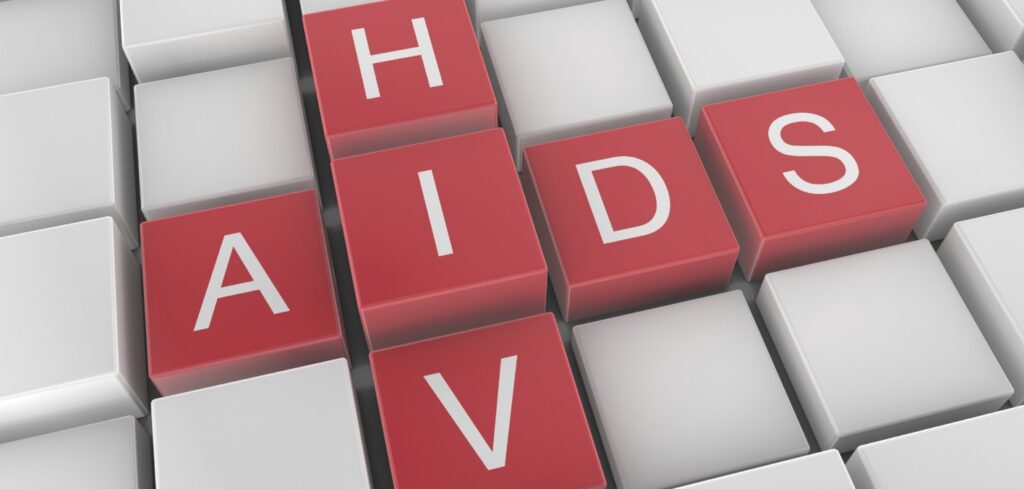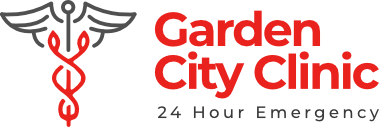Living with HIV can be challenging, but with the right information, support, and medical care, it is possible to lead a healthy and fulfilling life. In this article, we will explore various aspects of living with HIV, including treatment options, lifestyle recommendations, and emotional well-being.

Living with HIV, the human immunodeficiency virus, requires proactive management of one’s health and overall well-being. It is crucial to have accurate knowledge about the virus, treatment options, and various lifestyle factors that can positively impact your life. This article aims to provide valuable information and practical tips for individuals living with HIV.
Understanding HIV
HIV is a viral infection that attacks the immune system, specifically targeting CD4 cells. It weakens the immune system, making it difficult for the body to fight off infections and diseases. HIV can be transmitted through various routes, including unprotected sexual intercourse, sharing needles, or from an infected mother to her child during childbirth or breastfeeding.
Diagnosis &Testing
Getting tested for HIV is the first step towards managing the virus effectively. It is recommended to undergo HIV testing if you have engaged in unprotected sex, shared needles, or if you are pregnant. Early diagnosis is essential for timely intervention and access to appropriate treatment and support services.
Treatment Options
HIV can be managed with antiretroviral therapy (ART). ART consists of a combination of medications that suppress the virus and allow individuals with HIV to live long and healthy lives. It is essential to work closely with healthcare professionals to determine the most suitable treatment regimen based on individual needs and medical history.
Adhering to Medication
Adherence to medication is crucial for the success of HIV treatment. Taking medications as prescribed, at the correct times and doses, helps maintain low levels of the virus in the body, preventing it from replicating and causing damage. It is important to establish a routine, use reminders if necessary, and communicate any challenges or side effects to healthcare providers.
Nutrition and Exercise
Maintaining a healthy diet and engaging in regular exercise can significantly improve overall well-being and support a strong immune system. A balanced diet rich in fruits, vegetables, lean proteins, and whole grains provides essential nutrients. Regular physical activity can enhance cardiovascular health, reduce stress, and boost energy levels.
Managing Stress & Mental Health and Support
Living with HIV can sometimes be emotionally challenging. Stress can have negative effects on both physical and mental health. Engaging in stress-management techniques such as mindfulness, meditation, yoga, or counselling can help individuals cope with the emotional impact of living with HIV.
Coping with the emotional aspects of living with HIV may require professional support. Mental health services, support groups, and counselling can provide individuals with the necessary tools to manage stress, anxiety, depression, and other mental health concerns that may arise.
Relationships, Stigma & Discrimination
Disclosing one’s HIV status to friends, family, and potential romantic partners is a personal decision. Open communication about HIV can foster understanding, support, and reduce stigma. It is important to educate loved ones about HIV and provide them with accurate information to dispel any misconceptions.
Stigma and discrimination against people living with HIV persist in society. It is important to challenge and combat stigma by raising awareness, promoting education, and advocating for the rights and dignity of individuals affected by HIV. Supporting organizations that work towards eliminating stigma can make a positive impact.
Sexual Health
Individuals living with HIV can have fulfilling sexual lives while reducing the risk of transmitting the virus to others. Consistent and correct use of condoms, regular testing for sexually transmitted infections (STIs), and effective communication with sexual partners are essential for maintaining sexual health.
Pregnancy & Parenthood
With proper medical care and guidance, individuals living with HIV can have safe pregnancies and healthy children. It is crucial to work closely with healthcare providers to ensure proper management of HIV during pregnancy, childbirth, and breastfeeding to minimize the risk of transmission to the baby.

